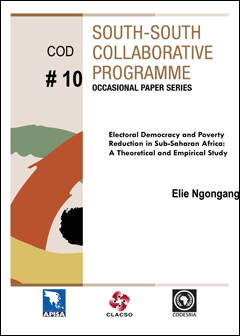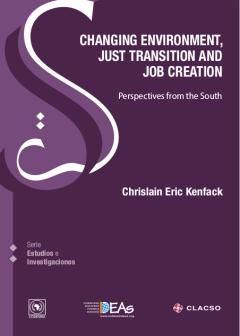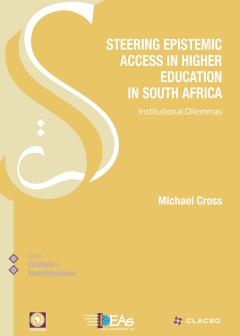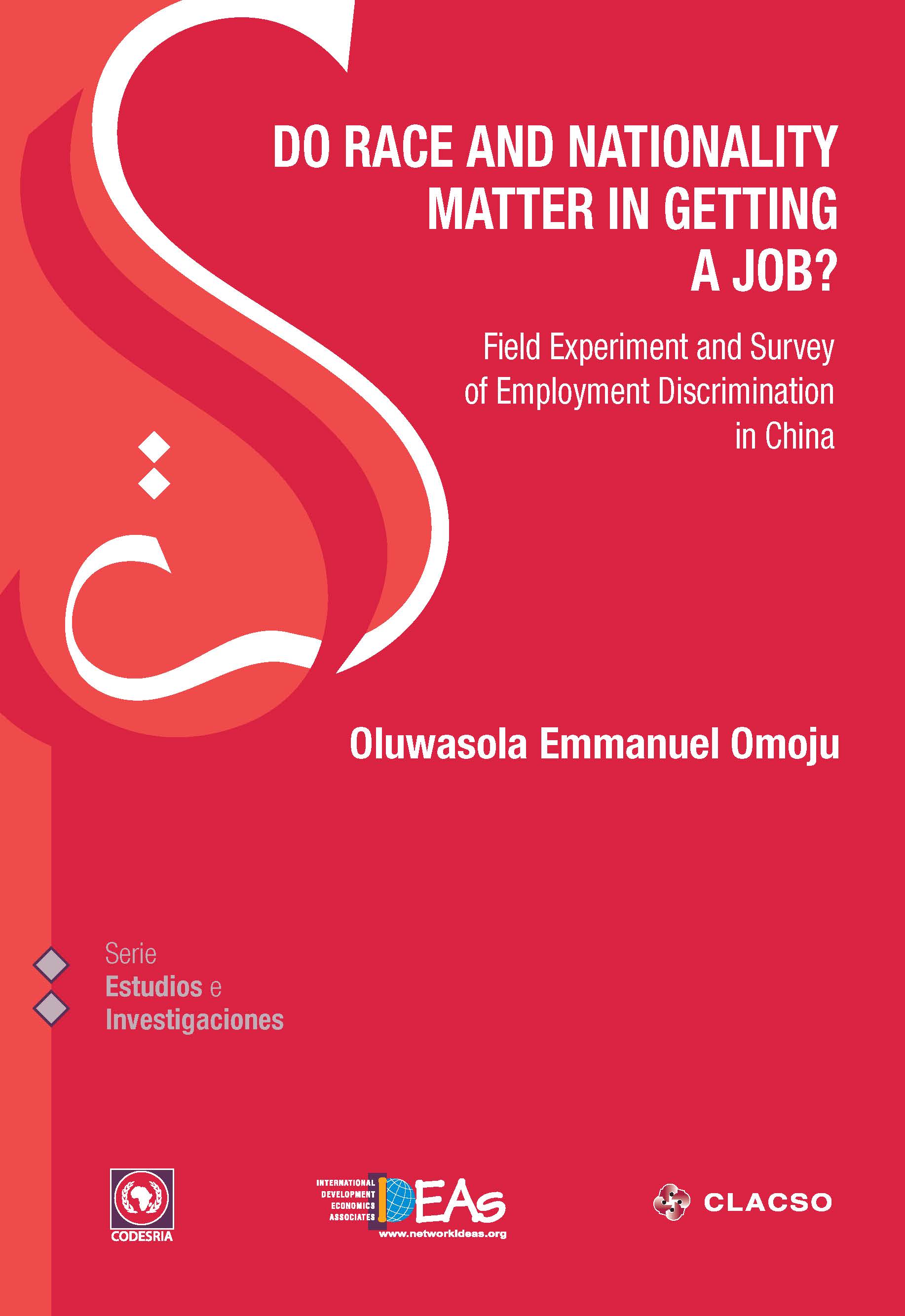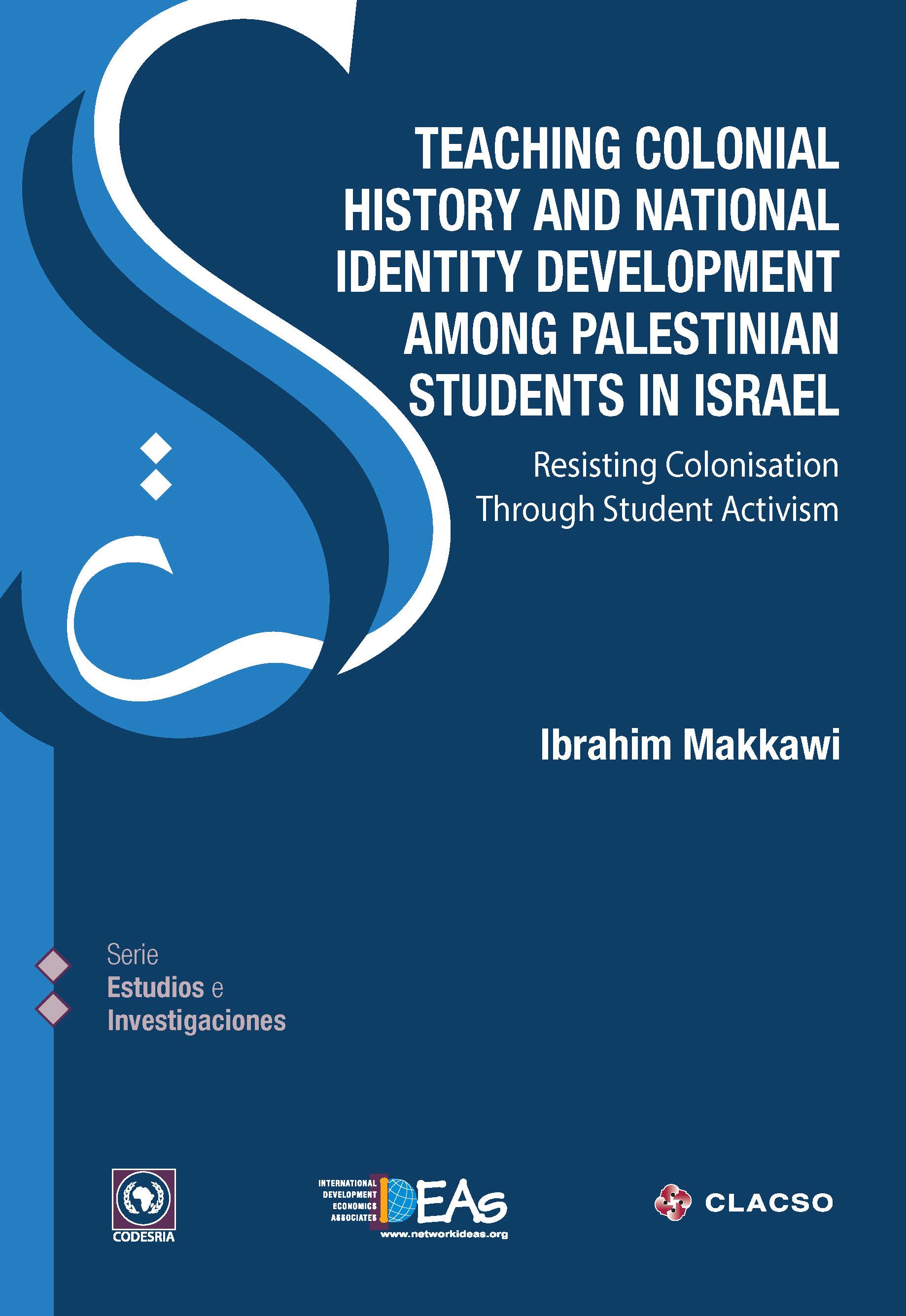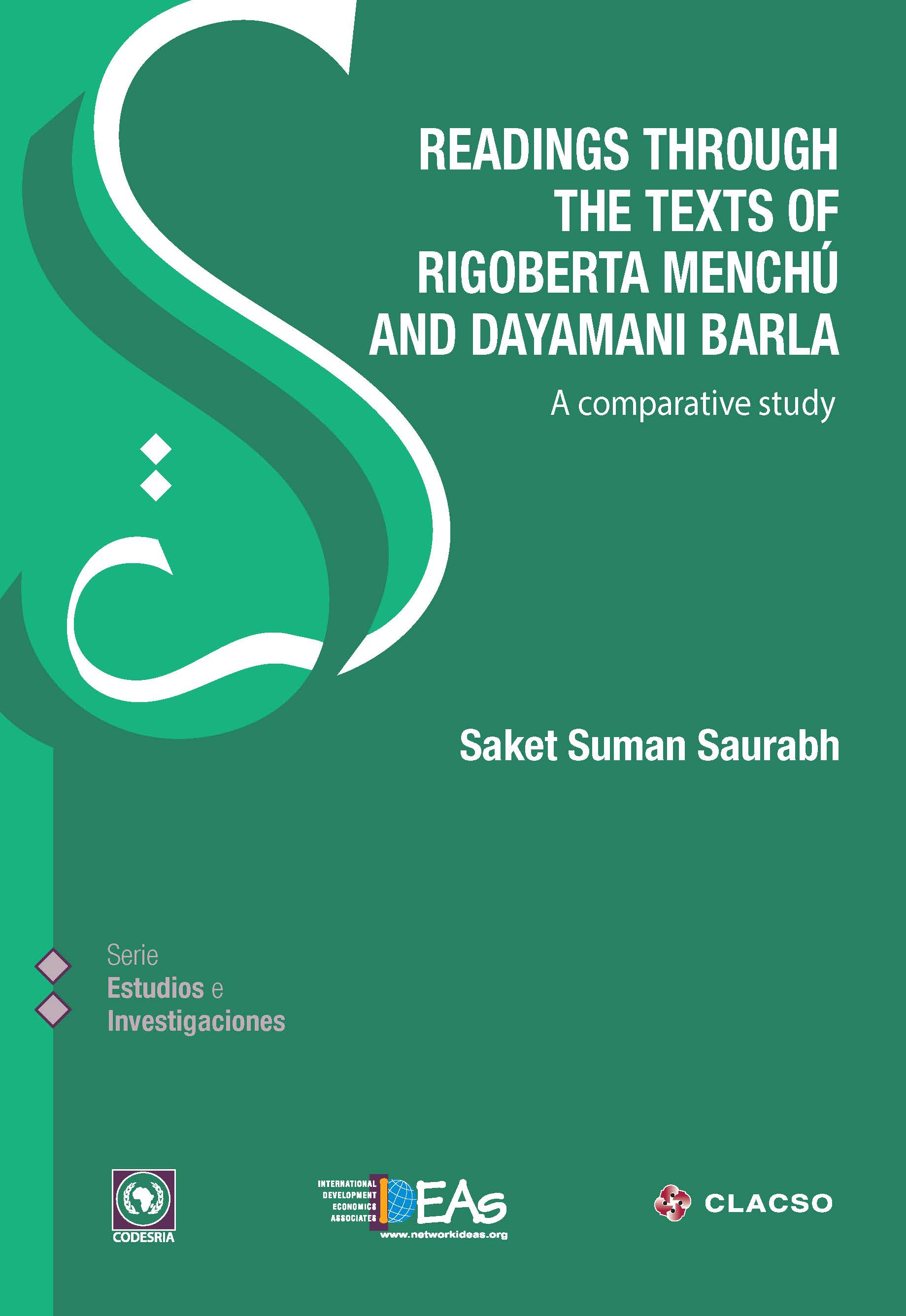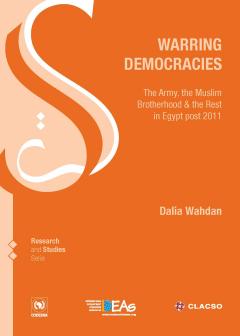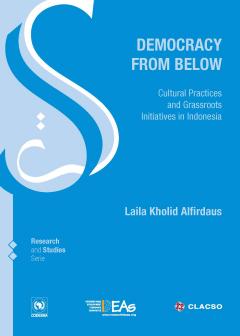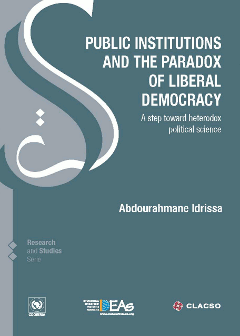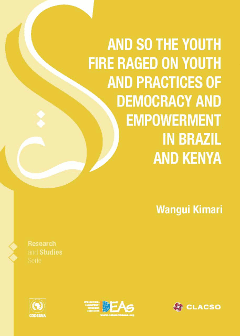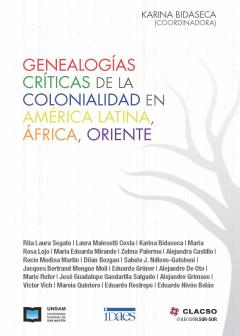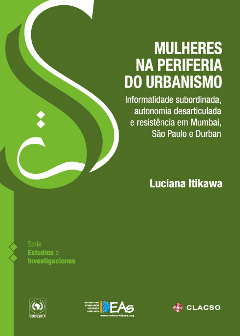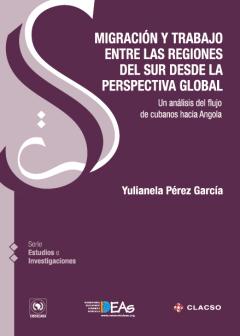- Sur-Sur.
Occasional Paper Series COD #10
Electoral Democracy and Poverty Reduction in Sub-Saharan Africa: A Theoretical and Empirical Study
Compartir:
This study attempts to provide a theoretical and empirical analytical framework aimed at buttressing arguments according to which electoral democracy highly contributes to the improvement of the welfare of populations in countries where it is adopted as opposed to dictatorial regimes practiced up to date. This theoretical and empirical framework may permit to grasp the decisive factors which may transform elections into a powerful instrument more likely to lead governments or the people's representatives to pay more attention to the aspirations of the disadvantaged, and to adopt policies able to enlarge the socio- economic opportunities of the latter. The analysis of democratic processes in Sub-Saharan Africa (SSA) may highlight the fact that the conditions necessary for electoral democracy are far from being satisfied within this Sub-region, since elections are yet to become a powerful means for the populations of these countries to make their governments and elected officials accountable for their promesses and actions after they assume power. It is therefore important for all the national and international stakeholders participating in the fight against poverty to show more concern about those aspects which deprive the poor of their power to penalize elected officials through the ballot box, and which consequently favor the diversion by these officials of the funds intended to improve the social and economic welfare of their constituencies.
Detalle
- Editorial/es:CLACSO. CODESRIA. APISA.
- Ciudad de edición:Buenos Aires.
- Fecha de publicación:Enero de 2008

